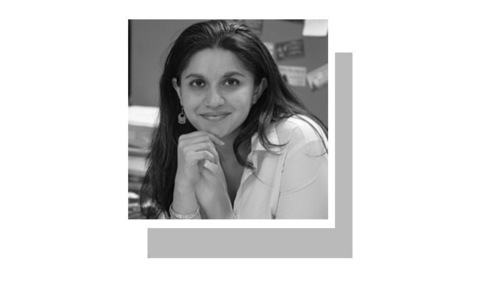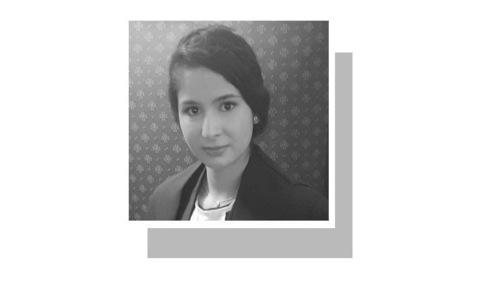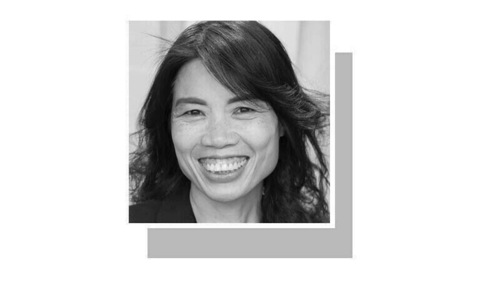THE non-profit organisation NOWPDP that works for disability inclusion and empowerment, held a two-week one-window camp this month at its centre in Karachi for persons with disabilities (PWDs). Over 1,100 disability certificates were issued on the occasion and 701 special CNICs and juvenile cards for children processed. The camp brought two provincial agencies — the Department of Empowerment of Persons with Disabilities and the Department of Health — and one federal agency, Nadra, under a single roof.
For a PWD to acquire the special CNIC under normal circumstances entails back-and-forth visits to the social welfare department, the appointed government medical facility and then the Nadra office. The special CNIC cannot be issued without the disability certificate. The process, in addition to being tedious and expensive for both the PWD and their caregivers, is a dispiriting one.
The ordeal of obtaining identity documentation has added to the invisibility and exclusion of this viable, resourceful and employable segment of society.
The special CNIC gives PWDs their rightful access to opportunities for education, employment, social protection and economic empowerment, as well as access to finance and voting. It gives them the rights of a citizen. That PWDs have to take a longer and harder route than the average citizen to be included in society is a policy lapse and a system failure.
PWDs without special CNICs are rendered invisible.
Late last year, Finance Minister Asad Umar directed the central bank to take measures to enhance the accessibility of banking facilities for PWDs, including talking ATMs for the visually impaired. But the inclusion of PWDs cannot be considered only in the context of building ramps and accessible facilities.
Operating a talking ATM machine means the PWD would have to have a bank account, and for that she would need to have her national identity card. Getting the special CNIC made should then ideally be a quick and easy mechanism but instead is a major hurdle for PWDs. The objective of the camp was more than facilitating documentation issuance; it was about bringing PWDs into the government’s records, to have them counted and accounted for.
The argument for identity for the purpose of inclusion is far more palatable to political actors than that of the right to citizenship which has taken on a polemical tone. We have seen social transfers for poverty alleviation done under the Benazir Income Support Programme where women were methodically issued a CNIC and a SIM card to be able to withdraw the cash via digital financial services (DFS) platforms.
The National Financial Inclusion Strategy formulated in 2015 aims to achieve the headline target of 50 per cent account ownership by the adult population by the year 2020. The Global Findex 2017 numbers indicate that the government is unlikely to reach this target: account ownership in Pakistan is still at 21pc.
In my research on the use of DFS by home-based women workers in Karachi (2018), the fundamental structural barrier to access DFS and bank accounts that emerged was the lack of a CNIC. In effect there can be no financial inclusion without social inclusion. It is imperative for the State Bank to add the lens of social inclusion to its financial inclusion policy to serve the unbanked marginalised segments such as PWDs and women of low-income socio-economic backgrounds.
The Aadhaar digital identity system in India, as Anum Malkani noted in her article published in this newspaper (Jan 6), has indeed become divisive with the inhumane mandating of the Aadhaar ID for the ultra poor for food transfers along with serious data privacy concerns. But the concept of the digital ID arose out of separating identity from entitlement. As a result, there are one billion people who are included in India’s official records.
As the chairperson of the Ra’ana Liaquat Craftsmen Colony — who is on a crusade to get CNICs for her centre’s women workers — said as she relayed to me the tale of an unnamed woman quietly buried in the backyard of her own home: no identity card means no identity.
NOWPDP wants to find the 20 million PWDs it estimates are living in Pakistan and help them claim their right to inclusion, entitlement, employment and citizenship. There are different regulations in each province for the issuance of the disability certificate for PWDs, requiring stopovers at their respective provincial employment exchanges and social welfare departments before heading to the Nadra offices. The camp could serve as a replicable model.
However, one-off interventions are not the solution to this systemic gap; there is a critical need for a sustainable one-window solution within the Nadra system which the government must create on a priority basis.
The writer is a financial inclusion researcher.
Published in Dawn, January 27th, 2019










































